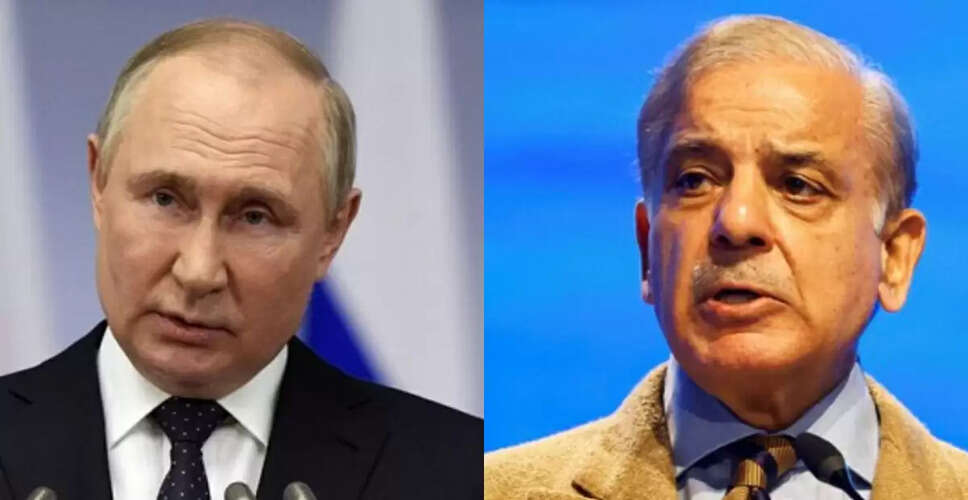Pakistan Seeks Russian Support Following Operation Sindoor

Pakistani Delegation Visits Moscow
Members of a Pakistani delegation have arrived in Moscow carrying a letter from Prime Minister Shehbaz Sharif addressed to President Vladimir Putin, as reported by a news agency. This visit comes as Pakistan seeks international backing following significant challenges faced during Operation Sindoor conducted by the Indian Armed Forces.
Tariq Fatemi Delivers the Letter
The delegation, led by Syed Tariq Fatemi, who serves as a Special Assistant to the Prime Minister, presented the letter to Sergey Lavrov, the Foreign Minister of Russia.
India Gains Russian Support
This development follows a visit by an Indian delegation, headed by DMK MP Kanimozhi, to Russia, where they effectively communicated India's position regarding Operation Sindoor and secured support from Russia concerning India's firm stance against terrorism.
Pakistan's Strategic Shift Towards Russia
While the specifics of the letter remain undisclosed, it is evident that Pakistan is striving to strengthen its strategic ties with Russia in the aftermath of Operation Sindoor. Observers believe that India is closely monitoring these developments.
According to the Pakistani Embassy in Moscow, the special assistant conveyed a letter from Prime Minister Shehbaz Sharif to President Vladimir Putin.
Calls for Pakistan to Cease Terrorism Support
In contrast, Dr. Amzad Ayub Mirza, a political analyst and human rights advocate from Pakistan-occupied Jammu and Kashmir, criticized the recent allegations made by Pakistani officials against India, labeling them as "baseless and misleading."
He described these accusations as a classic case of psychological projection from a state historically linked to terrorism in the region.
Dr. Mirza's comments followed remarks made by Field Marshal Asim Munir and Prime Minister Shehbaz Sharif during their visit to Balochistan, where they accused India of fostering terrorism in Pakistan while addressing tribal leaders in Quetta. He argued that such narratives are outdated and serve to distract from Pakistan's own history of supporting terrorism.
